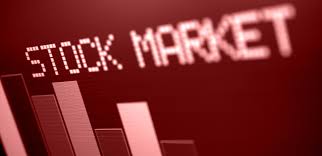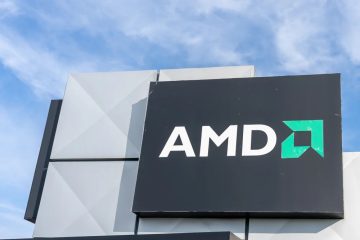Why Yahoo’s Alibaba Stock Could Be a Bad Deal for Investors

Now that Yahoo has completed the sale of its core Internet business to Verizon, it will officially change the name of the remaining company to Altaba on Friday.
And Altaba is worth far more—indeed, at least 10 times more—than the $ 4.5 billion Verizon (vz) paid for Yahoo itself: The current stock market value of Yahoo (yhoo) (soon to become Altaba) is about $ 50 billion.
But some investors who have looked under the hood of the new company think it deserves to be worth a lot more. Altaba is effectively a holding company comprised of Yahoo Japan shares and Alibaba stock, the value of which rose 228% during the tenure of departing CEO Marissa Mayer.
Indeed, at face value, Yahoo’s 15% stake in the Chinese e-commerce giant is worth $ 53 billion alone, based on Wednesday’s closing price for Alibaba (baba) shares. Add to that the current stock market value of its Yahoo Japan shares, and Altaba’s underlying assets are worth a combined $ 62 billion.
Yet investors continue to value Yahoo’s holdings in the two companies at much less than what they would be worth trading on the open market.
To measure just how big the discount is, Fortune subtracted the value of Yahoo’s cash and fixed-income holdings post-Verizon transaction from the company’s current $ 50 billion market cap. That leaves a market valuation of just about $ 39 billion for all of Yahoo’s equity stakes combined—including its Yahoo Japan and Alibaba stock, as well as a few smaller positions, including a minor holding in Snapchat’s parent company, Snap (snap).
MORE: Why Investors See Snap Inc’s IPO As ‘Too Big to Fail’
This suggests that Yahoo investors are either expecting those holdings, Alibaba and Yahoo Japan, to fall in value by about 37%—or they are already pricing in a hefty tax burden in the event Yahoo tries to sell those stakes, as Reuters’ Richard Beales points out. In fact, Yahoo has said in regulatory filings that it assumes Altaba would pay a 36.5% tax on income, including any made from selling off those stocks.
Meanwhile, many Yahoo investors will still have to pay capital gains taxes, generally between 15% to 20%, on any profit they have made when they ultimately sell the stock (outside of tax-sheltered accounts such as IRAs), which will reduce the payoff further.
On the other hand, if investors had just bought Alibaba stock directly, while they’d still owe taxes on their profits, they might have made more money in the end: Alibaba shares have risen 46% since its 2014 IPO, while Yahoo stock has risen a lesser 29% over the same period.
Before Alibaba went public in 2014, buying shares of Yahoo was one of the easiest ways for investors to get in on the fast-growing Chinese tech behemoth. That’s because Yahoo bought a $ 1 billion stake in the company in 2005 while Alibaba was still private. Since then, shares of Yahoo have risen 60%, but the wider S&P 500 rose 99% over the same time frame.
MORE: How Alibaba’s Jack Ma Is Building a Truly Global Retail Empire
Of course, some investors are still holding out hope that Altaba will figure out a way around its tax burden, and that the market will eventually come to recognize its Alibaba stock at a value much closer to what it is actually worth. If that happens, Altaba stock may turn out to be a great deal after all.



